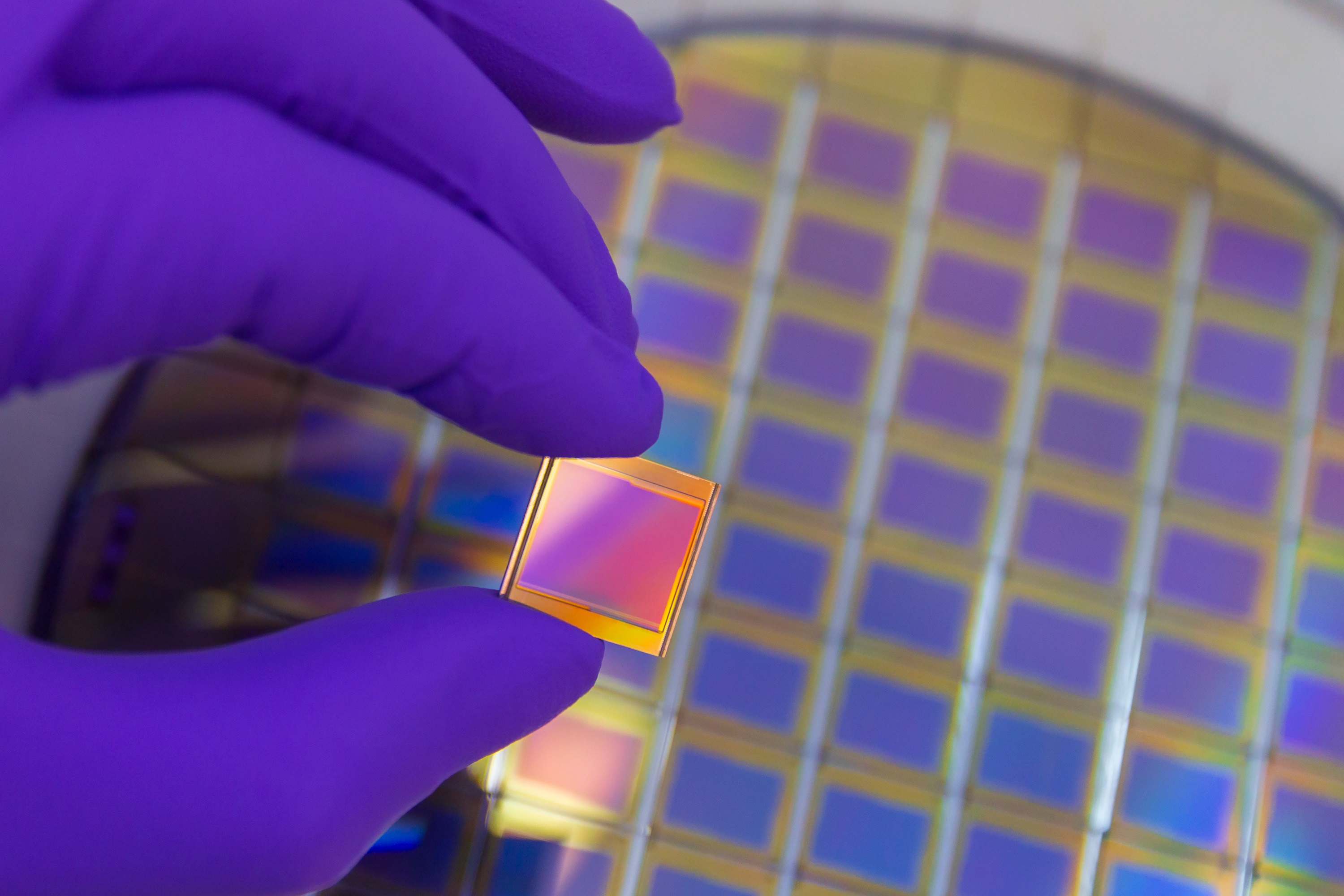PS5 restock shortage could get even worse due to Covid surge in Asia
Surge in Covid-19 cases will reportedly slow chip production even further

We were already looking at a global chip shortage that some experts predict will last until 2023. But it looks like the situation in the short term may be even worse than predicted, which could impact everything from PS5 restocks to electric cars.
The Wall Street Journal reports that Asian nations, which generally fared better than their Western counterparts at early Covid-19 containment, are lagging behind in the vaccination phase, and this is causing problems to chip production.
- PS5 vs Xbox Series X: Which console wins?
- Xbox Series X restock update: Track on Twitter, Walmart, GameStop and more
- Plus: Windows 10 support end date revealed ahead of possible Windows 11 launch
In Taiwan, instances have been on the rise since May where, according to the South China Morning Post, cases went from single to triple figures in a matter of days. This has hit one major chip manufacturer hard: King Yuan Electronics Co. – a company specializing in testing and packaging chips – has reportedly had over 200 employees testing positive this month in addition to 2,000 already in quarantine. This, the Journal reports, has slashed revenue estimates by a third.
TSMC, a company that makes chips for the PS5, Apple, Qualcomm and others, is reportedly not yet affected. However, the outbreak is happening “next door to its headquarters in Hsinchu Taiwan.” And a semiconductor analyst tells the Journal that the situation in Taiwan “of course…will worsen the shortages.”
Back in May, Sony warned analysts that the PS5 would remain in short supply through 2022, and this latest news will not help matters.
“I don’t think demand is calming down this year and even if we secure a lot more devices and produce many more units of the PlayStation 5 next year, our supply wouldn’t be able to catch up with demand,” said Chief Financial Officer Hiroki at the time, according to Bloomberg report.
They’re not the only companies hurting: the Journal's report highlights a Malaysian factory that has been forced to extend a planned holiday shutdown by ten days after employees tested positive for the virus. The Malaysia Semiconductor Industry Association says that this will reduce the company’s output by 15-40%.
Get instant access to breaking news, the hottest reviews, great deals and helpful tips.
An outbreak in Asia doesn’t just affect chip production lines: it impacts the ability to actually ship products. The Journal highlights Yantian, a container port south of Shenzhen, which handled nearly 50% more freight than America’s busiest port. It is, apparently, at “virtual standstill” thanks to an outbreak amongst dockworkers, with a backlog of around 160,000 shipping containers waiting to be loaded. It is apparently operating at around 30% of normal levels.
What this means for consumers, of course, is shortages of in-demand products and a playground for scalpers. PS5 stock continues to sell out as soon as it comes available, and Nvidia’s latest GeForce RTX 30 cards vanish from virtual shelves in seconds – a situation exacerbated by the GPU’s ability to effectively mine cryptocurrency.
As the Journal notes, while Western nations tend to prioritize reopening over virus suppression, many Asian governments are looking to eradicate cases, “even if that means shorter-term economic pain”. And that means that having to deal with ‘sold out’ signs and scalpers gouging consumers may be something we have to get used to for the next couple of years.
- PS5 restock update: Track on Twitter, Walmart, Target and more
Freelance contributor Alan has been writing about tech for over a decade, covering phones, drones and everything in between. Previously Deputy Editor of tech site Alphr, his words are found all over the web and in the occasional magazine too. When not weighing up the pros and cons of the latest smartwatch, you'll probably find him tackling his ever-growing games backlog. He also handles all the Wordle coverage on Tom's Guide and has been playing the addictive NYT game for the last several years in an effort to keep his streak forever intact.

